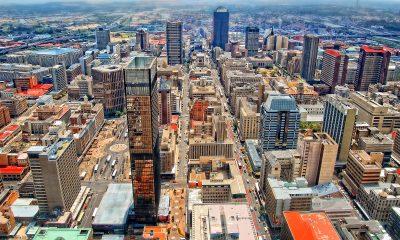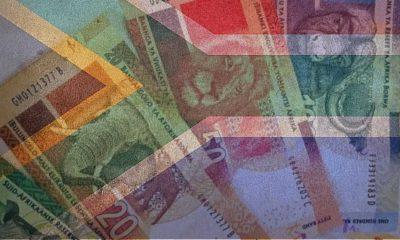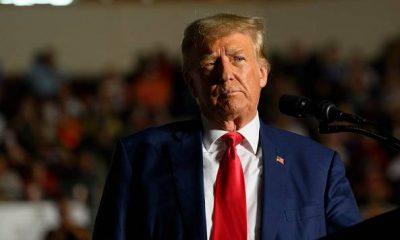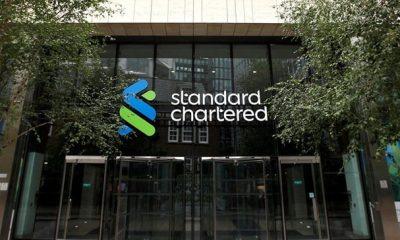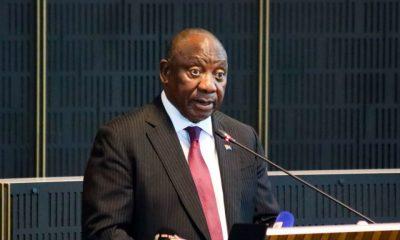Business
South Africa Braces for Economic Turbulence as Key Indicators Loom
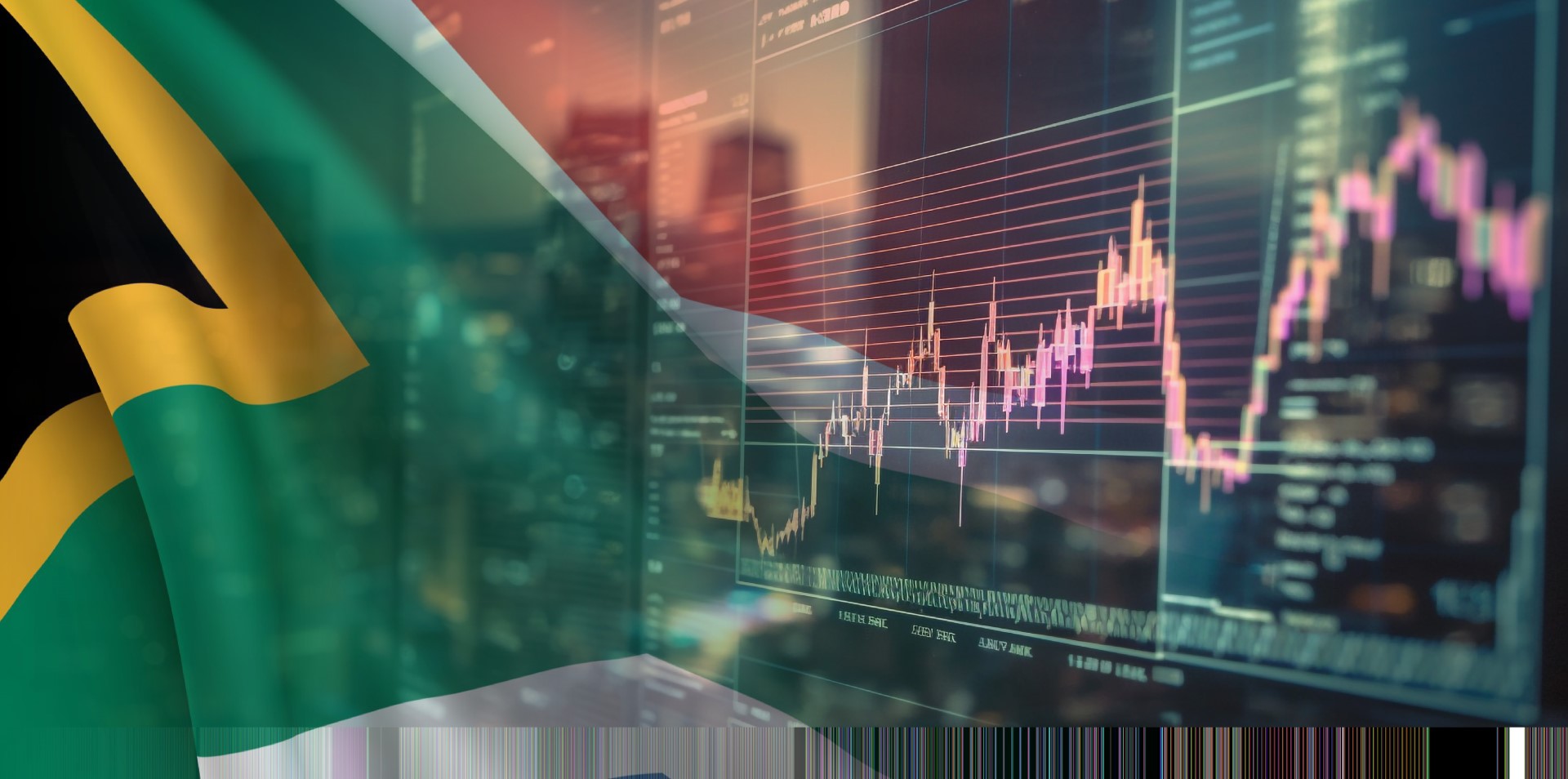
South Africa is heading into a high-stakes economic week, with a series of data releases and events that could shape both investor sentiment and policy direction. With global market jitters and domestic uncertainties on the rise, analysts and traders alike are watching closely.
What’s happening?
This week, South Africa will publish its foreign reserves data, release figures on foreign bond and equity trading activity, and conduct a Treasury bill auction. These are more than routine data points—they’re barometers of investor confidence and fiscal health during a turbulent global moment.
Last week’s market performance underscored growing unease. The Top-40 index slipped by 5.4%, spooked by a mix of global and local issues. Internationally, recession fears deepened amid a hawkish US tariff stance and expectations of a Federal Reserve rate cut by May. Asian markets slumped, dragging Wall Street down with them—sending the Nasdaq into bear market territory and pushing the Dow Jones into correction.
The ripple effects didn’t stop there. Investors rushed to liquidate assets, sending gold prices to three-week lows as they sought safer ground in cash.
Why it matters for South Africa
For a country classified as an emerging market, South Africa is particularly vulnerable to the tides of global uncertainty. Any fluctuations in its foreign reserves or trading patterns can offer key insights into how investors are reacting—and whether capital is flowing in or out of the country.
Treasury bill auctions, meanwhile, reveal demand for government securities and the cost of government borrowing. With global interest rates and investor appetite in flux, the results of this week’s auction could send important signals.
Domestic pressures are building too
On the home front, South Africa faces its own challenges. The country’s coalition government remains a wildcard, with ongoing negotiations stalling progress in sectors like manufacturing and motor exports. President Cyril Ramaphosa has emphasized the need for pragmatic discussions in the Government of National Unity (GNU), warning against decisions driven by special interest pressures.
The political uncertainty adds another layer to an already complicated economic picture. While there is cautious optimism thanks to recent improvements in inflation and energy supply, the road ahead remains uncertain.
Looking ahead
As the week unfolds, all eyes will be on how these economic indicators unfold. Will investor confidence return? Can the Treasury attract buyers for its securities at reasonable rates? And how will global market forces continue to shape South Africa’s path?
In a world where recession fears and trade tensions dominate the headlines, South Africa stands at a crossroads—trying to find stability in an increasingly unstable global economy.
{Source Finimize}
Follow Joburg ETC on Facebook, Twitter , TikTok and Instagram
For more News in Johannesburg, visit joburgetc.com

